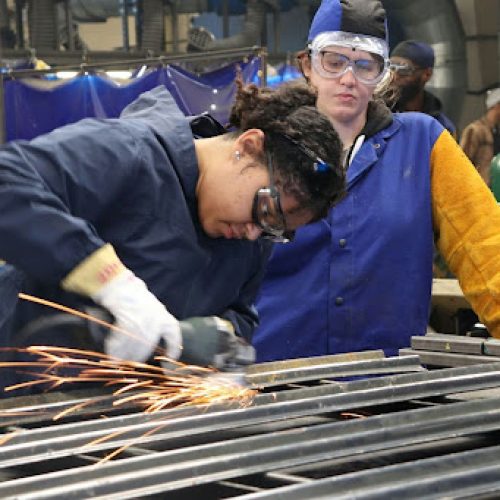


In an era marked by rapid technological advancements, economic fluctuations, and a reevaluation of traditional career paths, millennials are increasingly skeptical about the once-unchallenged route of heading to college after high school. The reasons behind this shift are as multifaceted as the generation itself, ranging from financial considerations to a desire for more fulfilling career paths. Here’s a closer look at why many millennials doubt their children will follow in their campus footsteps—and what they envision instead.
The conversation can’t start without acknowledging the elephant in the room: the soaring cost of college education. With student loan debt in the U.S. hitting staggering levels, many millennials find themselves questioning the return on investment of a college degree. The thought of their children starting their adult lives saddled with debt is a daunting prospect, leading many to consider alternative paths to success.
The traditional 9-to-5 job is no longer the only path to success. The gig economy and digital nomad lifestyle have shown that it’s possible to carve out a lucrative career without spending four years in a lecture hall. Skills in coding, digital marketing, and graphic design can often be self-taught or learned through online courses, making them accessible without a traditional college degree. Millennials, having witnessed the rise of this new economy, are more open to these unconventional career paths for their children.

Millennials are known for valuing meaningful work that aligns with their personal beliefs and passions. This sentiment extends to their hopes for their children’s careers, with many preferring that they pursue a path that brings them joy and fulfillment rather than one dictated by societal expectations. Whether it’s through entrepreneurship, apprenticeships, or vocational training in fields like renewable energy or sustainable agriculture, the emphasis is on finding a career that feels rewarding on a personal level.
So, what does this all mean for the next generation? Here’s a glimpse into the alternatives millennials are considering for their kids:
With a growing demand for skilled tradespeople, vocational schools offer a viable path to well-paying and secure jobs. These programs typically take less time and cost less than a traditional four-year degree, making them an attractive option.

The internet has democratized access to education, with platforms like Coursera, Udacity, and Khan Academy offering courses from reputable institutions. Millennials see these as opportunities for their children to gain specialized skills without the hefty price tag of college.
Encouraging entrepreneurial skills from a young age, millennials are supportive of their children starting their own businesses. This route promotes creativity, resilience, and financial independence.
Hands-on experience in a chosen field can be invaluable, offering insights and skills that aren’t taught in classrooms. Millennials appreciate the mentorship and real-world experience their children can gain through these opportunities.

Taking a year or more off to travel, volunteer, or work abroad can provide perspective and life skills that formal education often lacks. These experiences are viewed as instrumental in personal development and self-discovery.
While the college experience offers undeniable benefits and opportunities, it’s clear that millennials are rethinking the necessity and value of a traditional four-year degree for their children. In a world where adaptability, lifelong learning, and personal fulfillment are increasingly valued, the paths to success are as diverse as they are exciting. As we move forward, it’s the flexibility and openness to non-traditional education and career paths that will define the next generation’s approach to work and life.

Stay Up To Date On All Of The Daily Buzz
© daily buzz. All Rights Reserved 2024